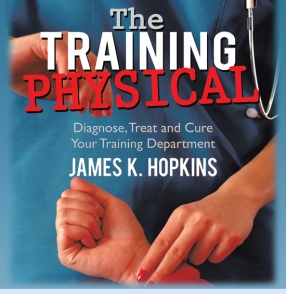
How can you lead a training function for 15 years, and not show the value to continue this function? Can you even imagine the utter disaster a training department would have to be in for management to eliminate the head of training after 15 years on the job with most of the staff included? I’d want to hang my head in shame if this ever happened to me.
Thankfully it never did, because I insisted that everything we did have an outcome that demonstrated our value. I passed on the party planner role for the company, and wouldn’t have my staff playing the roles of caterer or diplomatic hosts and tour guides. We were always about building skills that made a return on the investment.
This company is a large financial institution that never saw the need to evaluate their training function and the director always kept me at arm’s length from management when it came to The Training Physical. Well, duh, now I know why!
So this guy is out of work, in this late 50’s with a track record that screams never put him in charge of training again. Time for a new career, with less at stake my friend.
Now what boggles my mind even more is that senior management has not changed much in quite some time. I figured that there had to have been some new people that added accountability to the company, and so I was eager to see who had been hired at that level in the past few years and didn’t see anyone that fit that description. That would have at least explained how 15 years seemingly went by without a word until recently. So where did all the value go?
My guess is the bottom line numbers are getting worse or not improving much and it was time to eliminate expenses. First thing to go is usually training because although we know it serves a purpose it is hard to identify how much it saves or earns the company, so hack, it gets removed.
I feel for this guy trying to find work at his age because, hello, age discrimination is alive and well. However, I am not upset that this company finally woke up and took the first steps toward fixing their training function!
 For seven years I’ve had the honor of being a judge for the CLO LearningElite awards. Applications from all over the country and every industry compete for the honor of reaching an Elite status for their work in their company. Some should never have bothered to apply, and some just want to make you tear up with joy over the kind of impact they are making.
For seven years I’ve had the honor of being a judge for the CLO LearningElite awards. Applications from all over the country and every industry compete for the honor of reaching an Elite status for their work in their company. Some should never have bothered to apply, and some just want to make you tear up with joy over the kind of impact they are making.
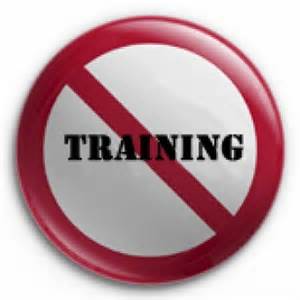
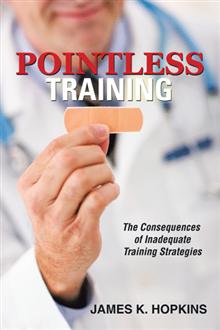 How do I tell one of my favorite HR Directors that she is headed in the wrong direction for building a learning function for the third straight time? She has tried this approach at the past two companies she has run HR for and failed big time in achieving the goal. And NO, my friend, the third time doesn’t mean a charmed success this time.
How do I tell one of my favorite HR Directors that she is headed in the wrong direction for building a learning function for the third straight time? She has tried this approach at the past two companies she has run HR for and failed big time in achieving the goal. And NO, my friend, the third time doesn’t mean a charmed success this time.
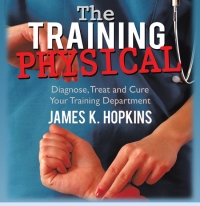
 “Pointless Training: The Consequences of Inadequate Training Strategies”
“Pointless Training: The Consequences of Inadequate Training Strategies” 
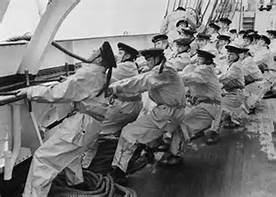
 If your training efforts are not winning awards, than you are either shy or realize your training function lacks what it takes to compete. If you know what it takes to improve the quality of your training results than make the necessary fixes and make a difference. If you have no idea as to what comes next, it is time for a
If your training efforts are not winning awards, than you are either shy or realize your training function lacks what it takes to compete. If you know what it takes to improve the quality of your training results than make the necessary fixes and make a difference. If you have no idea as to what comes next, it is time for a 